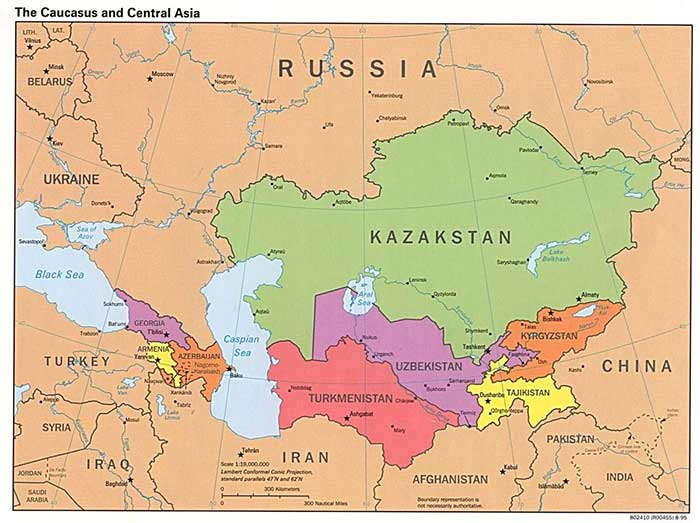Uzbekistan-Turkmenistan Rail Cargo Volumes Up
The China to Caspian routes are motivating an increase in volumes of Central Asian trade and investments
In line with expected trends and the development of landlocked Uzbekistan as a Central Asia hub, the import-export rail cargo volumes between Uzbekistan and Turkmenistan from the period January through August 2022 has reached more than 1.38 million tons.
Goods transit – typically from China, via Kazakhstan, through Uzbekistan and Turkmenistan increased 400%. The development of new rail routes from China’s Western Xinjiang Province, itself connected to China’s national rail network, then transiting part of Kazakhstan before entering Uzbekistan. The route passes by Almaty, heading west through Shymkent and Arys in Kazakhstan before heading south to Tashkent, the capital of Uzbekistan. That section takes just 14 hours and is part of the Trans-Aral railway that was originally constructed by Imperial Russia in 1906.
Onward connections to Turkmenistan are also via Tashkent and Samarkand and reach to Turkmenistan’s Caspian Sea ports. These also originated back in Imperial Russian times but are now completely upgraded – hence the increase in traffic. In turn, from Turkmenistan’s Turkmenbashi Caspian Sea Port, goods can then be shipped to Azerbaijan’s Baku Port and onward via rail to the Caucasus, Turkiye and Europe, or south to Iran and it’s INSTC road and rail network that leads to the Persian Gulf and onwards to the Middle East, East Africa, and South Asia.

This new operational dynamic has also impacted on bilateral trade between Uzbekistan and Turkmenistan – which reached US$485.8 million in the January-August period, an 8.5% increase over the same period in 2021. This also means that Uzbekistan can now boost its imports and exports with huge new consumer markets such as India, while Chinese industrial exporters are using the route to freight machinery and equipment to Turkmenistan’s oil and gas fields.
Related Reading





